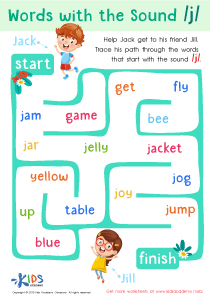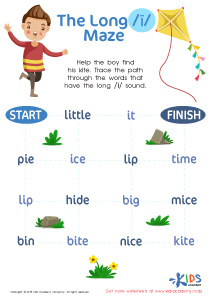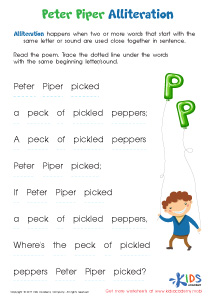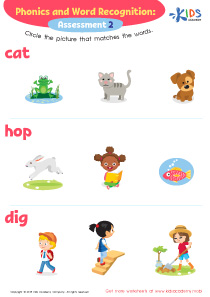Extra Challenge Consonants Worksheets for Ages 3-5
3 filtered results
-
From - To
Discover our Extra Challenge Consonants Worksheets designed specifically for children ages 3 to 5! These engaging worksheets offer an exciting way to enhance early literacy skills by focusing on consonant recognition and sounding out letters. Each printable activity provides children with opportunities to trace, match, and identify consonants in a fun and interactive manner. Our thoughtfully crafted exercises support developmental learning while fostering a love for reading. Perfect for homeschooling or classroom use, these worksheets can easily integrate into any educational setting. Watch your little ones thrive as they master consonants and prepare for their reading journey!
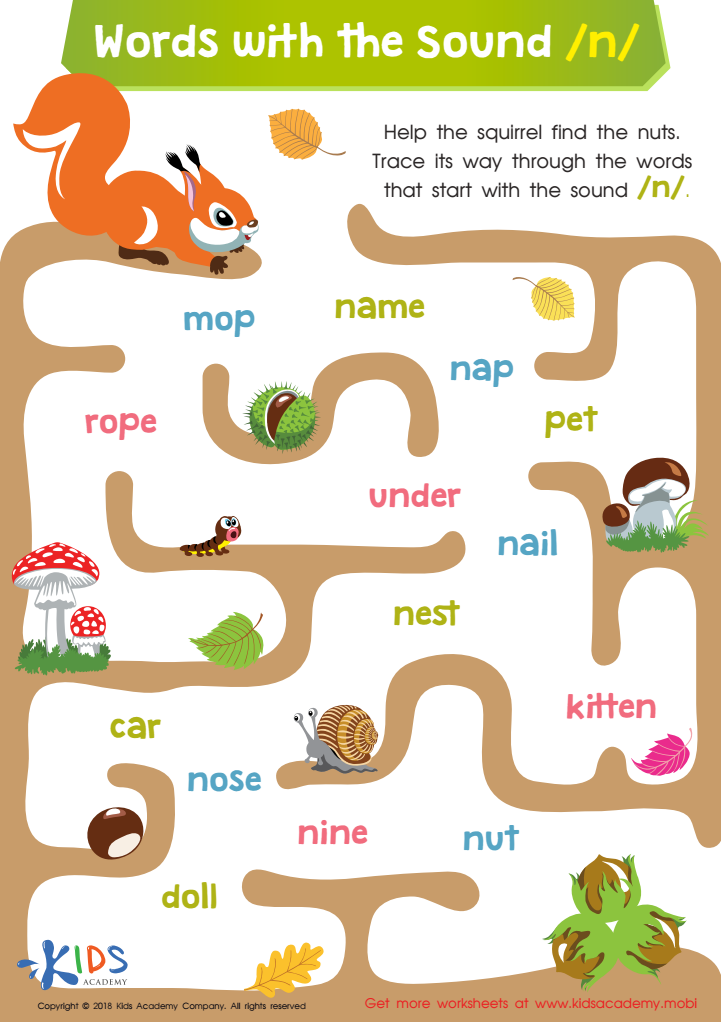

Words with Sound N Reading Worksheet
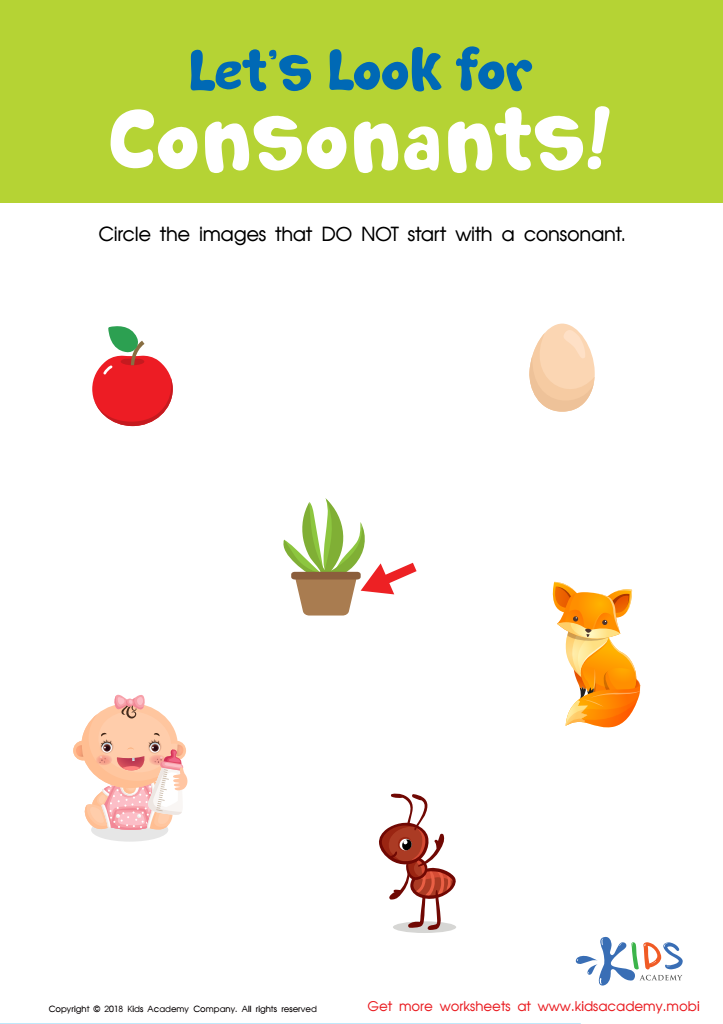

Let's Look for Consonants Worksheet
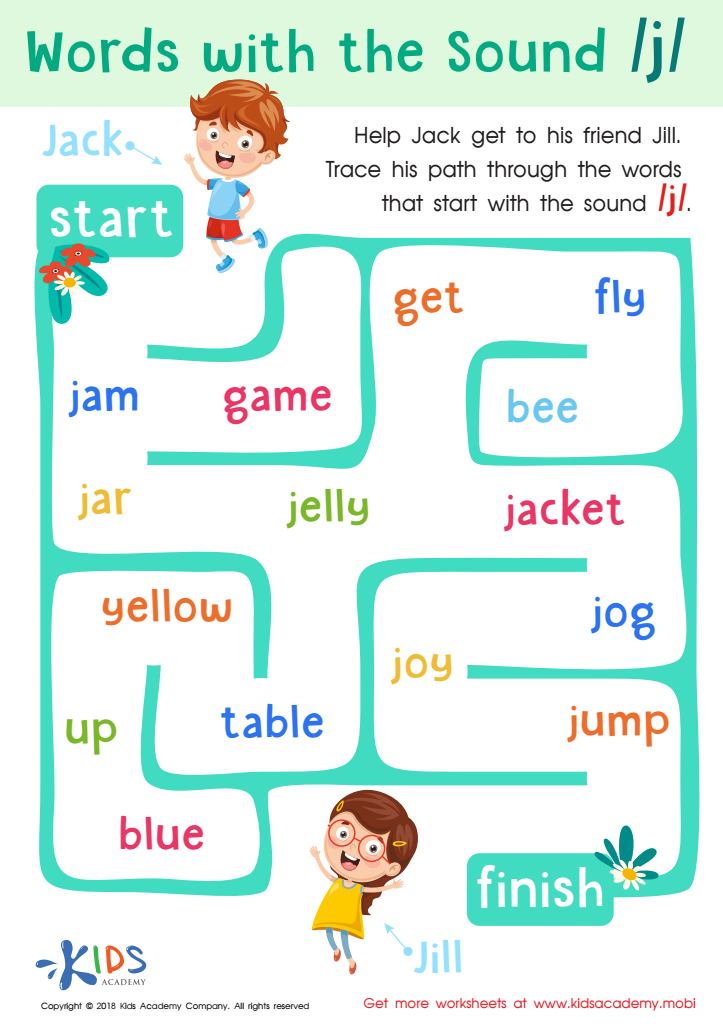

Words with sound j Reading Worksheet
Extra Challenge Consonants refer to specific consonant sounds that can be more difficult for young children to articulate or recognize. For children ages 3-5, the early years are crucial for language development and literacy skills. Parents and teachers should care about these sounds for several reasons.
Firstly, mastering extra challenge consonants such as “th,” “sh,” or “ch” lays the foundation for reading and language fluency. Children who struggle with these sounds may find it harder to decode words, which can impact their reading comprehension later on.
Secondly, consistent practice with these consonants helps boost a child's confidence. Feeling capable in their speaking abilities encourages them to communicate more, fostering social skills and collaboration.
Additionally, engaging with these sounds enhances phonemic awareness, which is the ability to hear, identify, and manipulate sounds in words. This skill is crucial for successful navigation through the school curriculum.
Lastly, addressing extra challenge consonants enriches classroom activities and conversations, making learning more engaging. When educators and parents prioritize the mastery of these sounds, they contribute to children's overall cognitive development and a lifelong love for learning. Thus, focusing on extra challenge consonants justifies an essential role in early childhood education.

 Assign to My Students
Assign to My Students






